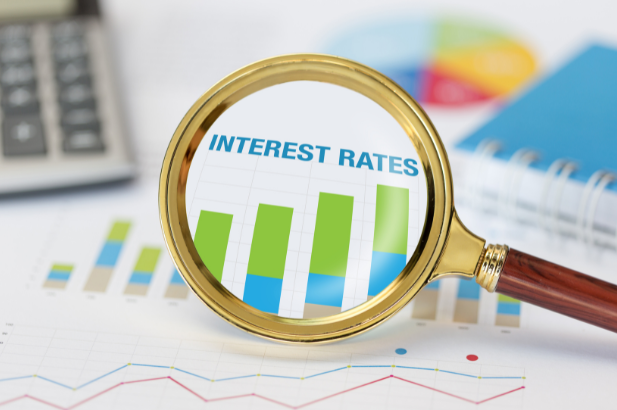Adapted from the July 2024 PREP Newsletter
It has been an exciting time for interest rate “junkies.” Those following the Federal Reserve’s moves have likely been busy speculating and making bets on impending moves by the Fed.
The recent rate cuts beg the question: do the rate cuts actually affect real estate investments, and if so how?
Investing in real estate successfully requires utilizing leverage, which refers to purchasing the property with a mortgage. This enables investors to purchase more property with limited capital, thereby maximizing returns. As in purchasing a home, every mortgage comes with an interest rate, and the lower the rate, the less expensive the purchase becomes.
After more than a year with the U.S. federal funds target rate at a 23-year high, Federal Reserve Chair Jerome Powell recently said the words investors have long awaited: "The time has come for policy to adjust."
Now, with the recent rate cut, we find ourselves at a critical moment for both the economy and the real estate markets. While previous rate cut cycles have not been identical historically, they do often follow a pattern. By analyzing previous instances of monetary easing and subsequent impact on private markets, we can better position our portfolios to capture emerging opportunities while remaining vigilant about potential risks.
As we look beyond the immediate horizon, rate cuts are poised to revitalize a key area of private markets: real estate equity.
The commercial real estate market has perhaps felt the most acutely negative impacts from elevated rates. As it became more expensive to borrow money, equity investors still wanting their expected high returns, required properties to lower their valuation. As a result, many equity investors have been holding on to their assets rather than selling at a discount.
Lower rates are likely to bring much-needed relief to the commercial real estate sector in a few ways:
Valuation Recovery: Lower borrowing costs might help bring seller and buyer expectations closer together. Sellers might be able to maintain higher prices, while buyers can afford to pay more. This could lead to more deals being made.
Refinancing Opportunities: Existing property owners may be able to refinance their loans at lower rates. This could improve their cash flow and potentially increase returns for investors. We at PREP have been very fortunate to have weathered the increase in rents without too much turbulence with our assets, and we are very well positioned to take advantage of a lower interest rate environment.
Looking ahead, with interest rate cuts still desperately needed, and the state of the economy still remaining the number one concern for voters this coming election, it will be interesting how the current and incoming administrations maneuver levers to initiate rapid change for the better, hopefully.
Wishing you all a successful last quarter of 2024, and Happy Sukkot to all those who celebrate!




